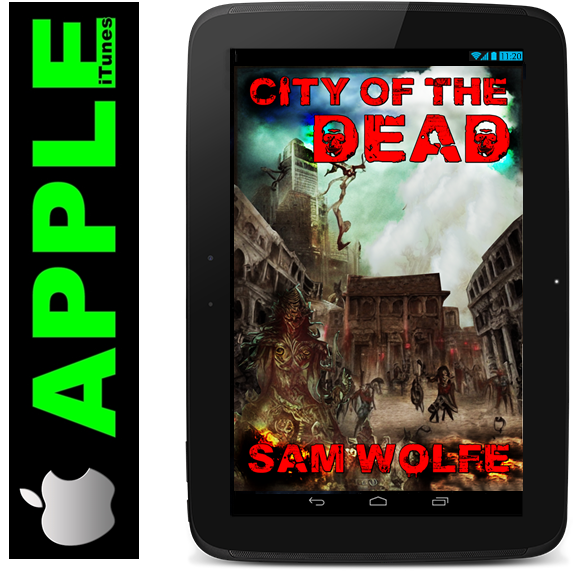
Posted on December 10, 2023 by dello
Sorry: I looked everywhere, and your page cannot be found. Check out this post from author Sam Wolfe!
Posted on by Author Sam Wolfe
City of the Dead

Sam Wolfe. Pain exploded in me, I heard Bear howl in either anger or pain. Then all sound, was cut off, replaced with a low snapping sound that quickly turned into a heavy crackling sound… #Horror #Reader #Thriller #Mythology #Apple https://books.apple.com/us/book/city-of-the-dead/id6468300162
horror Mythology Science Fiction undead
Home: https://www.writerz.net